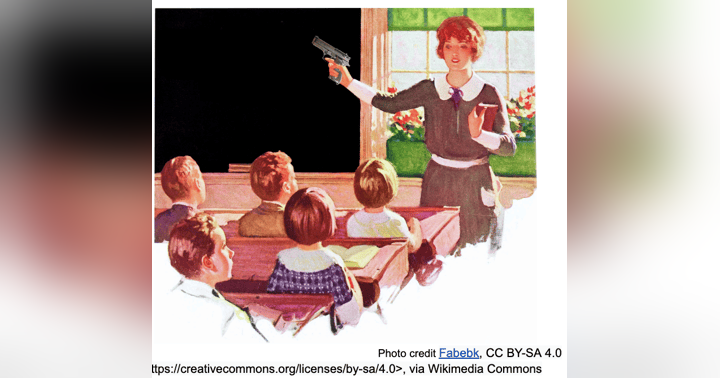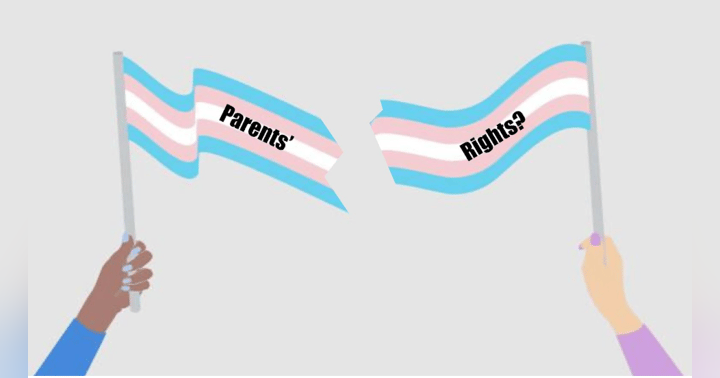Building Community Through Music Education: Mark Garcia’s Story

Mark Garcia isn’t your average new teacher—he’s a hometown hero with a trumpet in one hand and a vision in the other. As a fresh-faced music educator at Rialto High School, Mark is on a mission to transform his alma mater’s music program from a fading memory into a vibrant community centerpiece. Let’s explore how this new teacher is using music to hit all the right notes for his students and community.
Back to School: A Personal Connection
Mark Garcia’s story begins in the very halls of Rialto High, where he once roamed as a student. Now, he’s back, not just as a teacher but as a force for change. Inspired by his father, who taught him music aurally before he ever saw a sheet of notation, Mark’s love for music runs deep. However, it was a less-than-stellar experience with his own high school music teacher that lit a fire under him to do better—much better.
Mark’s return to Rialto isn’t just about nostalgia; it’s about giving back. His first priority? Rebuilding the music program to make it a source of pride for students and the community alike. And while some new teachers might ease into their roles, Mark jumped in with the gusto of a conductor leading an overture.
The Making of a Music Educator
Mark’s journey from a music major to a classroom teacher underscores how practical experience, combined with academic learning, equips educators with the necessary tools to succeed. As a music education major at Cal State University, San Bernardino, he immersed himself in a rigorous program that demanded long hours of practice, rehearsals, and performances. This dedication honed not only his musical skills but also his deep appreciation for the collaborative nature of music-making.
Reflecting on this time, Mark describes the satisfaction of creating music and engaging with the other students in his university program. This intrinsic motivation has become a cornerstone of his teaching philosophy. However, the transition to a formal teaching role wasn’t without challenges. Despite his extensive musical background, including serving as a director for professional bands and working with local artists in Los Angeles, Mark initially felt unprepared for the classroom. Yet, his real-world experience as a musical director proved invaluable, shaping his dynamic and hands-on approach to teaching. He leverages this background to create a learning environment where students thrive.
Mark’s experience highlights a critical gap in teacher preparation programs: the disconnect between theory and practice. While academic coursework is essential for developing pedagogical knowledge, it is the practical application of that knowledge that truly prepares educators for the complexities of the classroom. His subsequent enrollment in a master’s program at the University of Redlands further illustrates this point. Mark acknowledges that the program provided him with essential training in professional development, equitable classroom environments, and inclusive pedagogy—knowledge crucial for effective teaching. However, this learning came after he had already begun his teaching career, emphasizing the need for more integrated approaches to teacher preparation that combine both theoretical and practical components.
Building Connections Through Music
For Mark, music is more than a class; it’s a community-builder. Whether it’s the marching band at halftime or a jazz ensemble in the auditorium, he sees these programs as opportunities for students to connect and collaborate. He’s already making waves not only by reviving the band program and bringing together an award-winning jazz band but also by launching Rialto High’s first-ever mariachi ensemble—a nod to the cultural heritage of many of his students.
Mariachi, as Mark puts it, isn’t just about playing music; it’s about telling stories, celebrating traditions, and showing kids that their culture has a rightful place in education. By introducing this program, Mark allows students to share their roots and celebrate cultural heritage while empowering them to take pride in their identities.
Mark’s long-term vision goes beyond the immediate. By creating a thriving music program, he’s inspiring students to see music as a lifelong passion and a way to give back. The lessons don’t stop at music. Discipline, perseverance, and resilience are all part of the curriculum. Mark knows that students who feel valued in his program will carry those lessons into their future endeavors, becoming community-minded adults who give back just as he has. Research supports his approach: students in music programs often report higher emotional well-being and stronger social connections than their non-musical peers.
Planting Seeds for the Future
Mark’s Tips for Aspiring Educators
Tip #1: Embrace the Learning Curve
One of the most salient points made by Mark is the importance of recognizing that no teacher has all the answers from the start. He reassures aspiring educators that even seasoned teachers often feel uncertain about their capabilities. Teaching is a continuous learning process, and the most crucial element is genuine care and concern for students’ well-being.
Tip #2: Care for Students Beyond the Classroom
Caring for students transcends the mere delivery of academic content. As Mark illustrates, it involves actively engaging with students personally. Whether providing them with food before rehearsals, offering positive reinforcement, or simply listening to their personal struggles, these actions demonstrate that educators are invested in their students’ lives. This emotional support fosters trust and belonging, vital for students’ overall development.
Tip #3: Manage Your Time and Set Boundaries
Mark emphasizes the importance of time management and advises teachers to avoid letting work consume their lives. “Go home,” he says, underscoring the need to separate professional commitments from personal time. Setting boundaries ensures that teaching does not encroach upon personal life, helping educators maintain a healthier work-life balance. A well-rested teacher is better equipped to inspire students.
Tip #4: Pursue Hobbies and Personal Interests
In addition to managing time, Mark highlights the value of engaging in activities outside of teaching. He mentions that music, once done out of passion, has now become his job. Mark stresses that having another outlet is essential to keep that passion alive. He shares how he developed a love for photography, which provides him with an outlet for creativity and relaxation outside of music. Cultivating interests outside of work rejuvenates the spirit and prevents burnout, fostering a sustainable approach to teaching.
Tip #5: Seek Support and Build Community
Mark advises educators to seek help when needed, whether from administrators, colleagues, parents, or even students. Asking for assistance fosters collaboration and builds a sense of community within the school. By reaching out for support, teachers enhance their skills and create a positive educational atmosphere.
Mark credits his growth as an educator to the encouragement and guidance from mentors and peers. Building relationships with other educators fosters collaboration, reassurance, and development, enriching the teaching experience.
Tip #6: Good Rapport = Good Student Discipline
When it comes to student discipline, Mark highlights the transformative power of connection in addressing behavioral issues. Rather than resorting to punitive measures, he advocates for a more empathetic approach that seeks to understand the root causes of a student's behavior.
By reaching out to students with kindness and offering assistance, Mark has witnessed firsthand how such gestures can illuminate a student’s struggles and foster a sense of belonging. This connection often leads to improved behavior and a more harmonious classroom atmosphere. "Everything opens up," says Mark, when a connection is made, underscoring that students are more likely to engage positively when they feel seen and valued.
Mark’s mantra is simple: put students first. Whether it’s ensuring the marching band gets its moment in the spotlight or advocating for more resources, he’s determined to create a space where students feel seen and supported. Inspired by his own experiences, both good and bad, he’s become the kind of teacher who champions his students at every turn.
His efforts are paying off. Students in Mark’s program aren’t just learning music; they’re finding a place where they belong. And that sense of belonging? It’s priceless.
Conclusion: One Teacher, One Community
Mark Garcia’s first years as a teacher are already a crescendo of success. Through his dedication, creativity, and determination to put students first, he’s transforming Rialto High’s music program into a hub of connection and culture.
So, the next time someone asks why the arts matter, tell them about Mark Garcia, a new teacher who has proven that music education is more than just notes and rhythms. It’s a way to build community, celebrate heritage, and teach life lessons. Now, that’s a performance worth a standing ovation.



